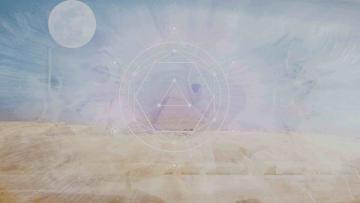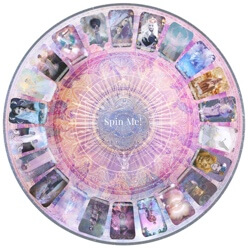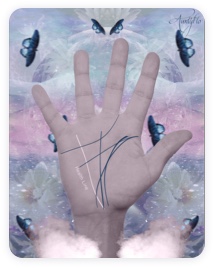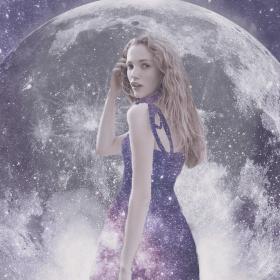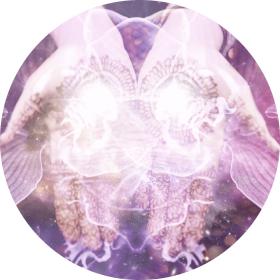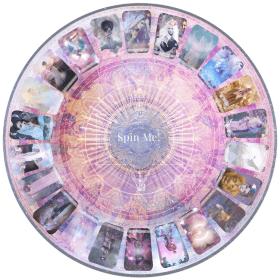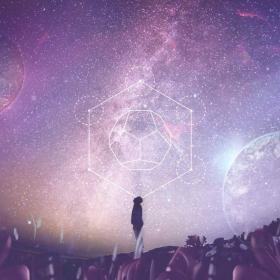The Mage
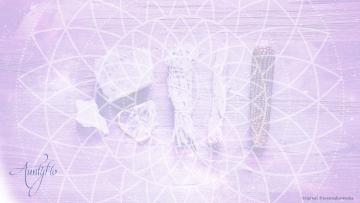
Uncover hidden spiritual meanings
The Mage is a magician who acquired their knowledge using supernatural means.
They can also be referred to as the magus, wizard, magical or the enchanter. The terms are in terms overlapping each other with some being distinguished by some writers or traditions. When this happens, sorcerers are the ones who are referred to as practitioners of black magic or evocations and they have different levels of practice with each level being associated with different powers. When this happens, white magic becomes a non-relevant form of wizardry; though, in movies, literature, and poems, it is represented in a more future-oriented way of existence. Some names give the mage a negative connotation than others.
The History of the Mage
Magicians can acquire the title through being illusionists who attempt tricks and the sleight of hand. Famous ones include Derren Brown in England or Harry Houdini.
A person who claims to be skilled in the arts which are considered to be arcane or hidden is referred as a wizard and not a magician. There are several people who, throughout history, have claimed to have certain platitudes alluding to knowledge and ability of the occult techniques which are often felt to be of greater importance.
Alchemy contains many elements which in a modern context, could easily be referred to as magic. Virgil in the olden medieval Europe was attributed to the work of magic and prophetic powers.
In the early development of human communities, there seems to have been a common belief in the spirit world.
The paintings in caves could easily be associated with the magic of hunt. Though the indigenous magic practices still exist to date, some communities changed their way of life from being nomadic to agricultural civilization which brought about the development of a spiritual life which is mirrored to that of civic life. The shamans and adepts were transformed into a priestly caste just the same way the elders were consolidated and became bureaucrats and monarchs.
Since the 1930s there has been a distinction between religion and magic which in the past, the anthropologists tried to distinguish in vain. They tried by explaining what magic entailed and this is what made early magical beliefs to develop through post hoc fallacy.
Magic and Religion
Religion has incorporated magic and offered it a special place in the cultural universe. There is the prevalence of magic in different societies, regardless of whether it is organized in a religious form or a more general system of shamanism or animism.
Magic and religion started being separate with the advancement of western monotheism where there was a distinction between mere magic which was rooted in folk belief or occult speculation and supernatural events which were sanctioned by mainstream religious doctrines. Before then, there was no distinction between magic and religious practices
Mage or magic is an unconcerned with establishing causalities.
We hope you liked this article. Please support us by liking us on Facebook. Thank you in advance.
By Florance Saul
Feb 4, 2017

